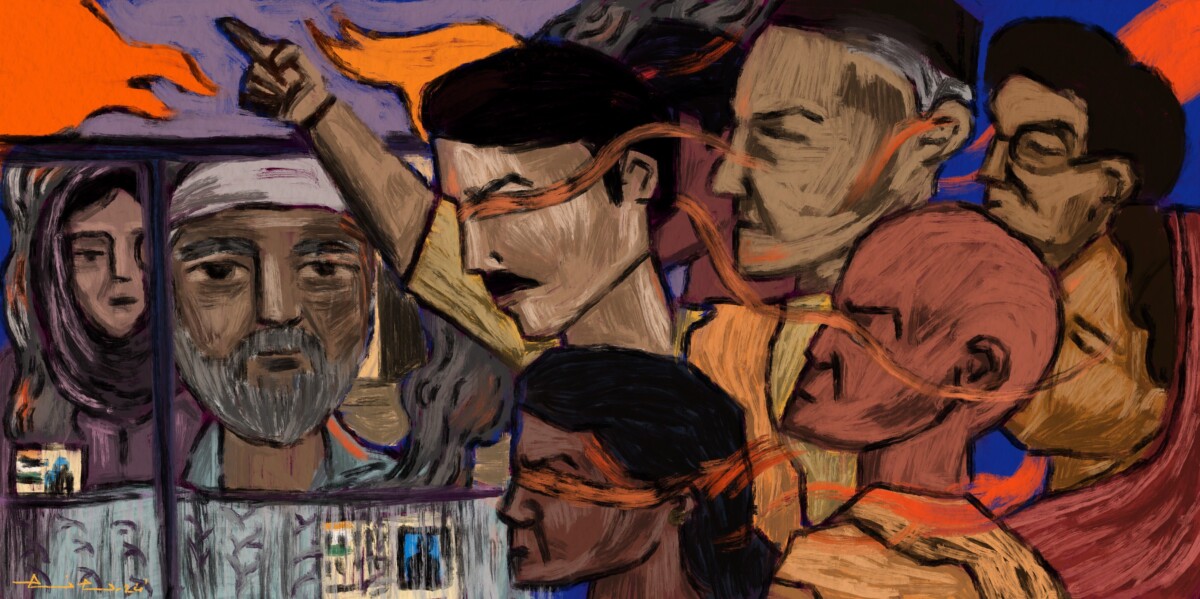
By Christophe Jaffrelot
Every five years, the Lok Sabha elections offer a window to analyse the representation of the Muslim minority in the parliament of India. From that point of view, the 2024 elections have reconfirmed a structural trend as the share of Muslim members of parliament further eroded, dropping from 4.6% in 2019 to 4.4%. Muslims represented 14.5% of the Indian population in the 2011 census.
No Muslim candidate has been elected, not only among those – very few – nominated by the Bharatiya Janata Party, but also among those (equally small in numbers) who had been given a ticket by its NDA allies.
On the opposition side, the situation is different but Muslims are still under represented by almost half since only 7.9% of the INDIA Lok Sabha members come from India’s largest minority. It is also important to note that, in contrast to the government that had been formed in 2019 which had one Muslim MP – Mukhtar Abbas Naqvi, a Rajya Sabha Member – there’s none this time.
How far can we explain this invisibilisation by the general perception of this minority by the Hindu majority?
And how are Muslims assessing their own situation and perceiving their community as well as its leaders?
This story was originally published in thewire.in. Read the full story here.

